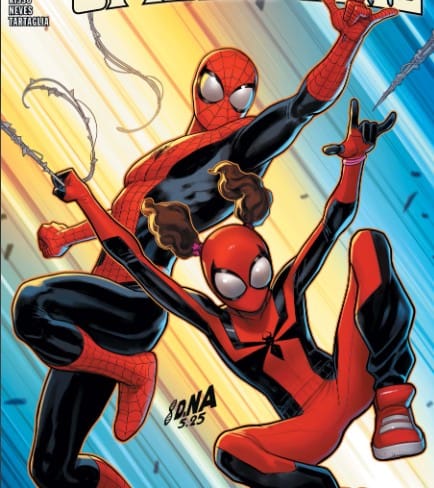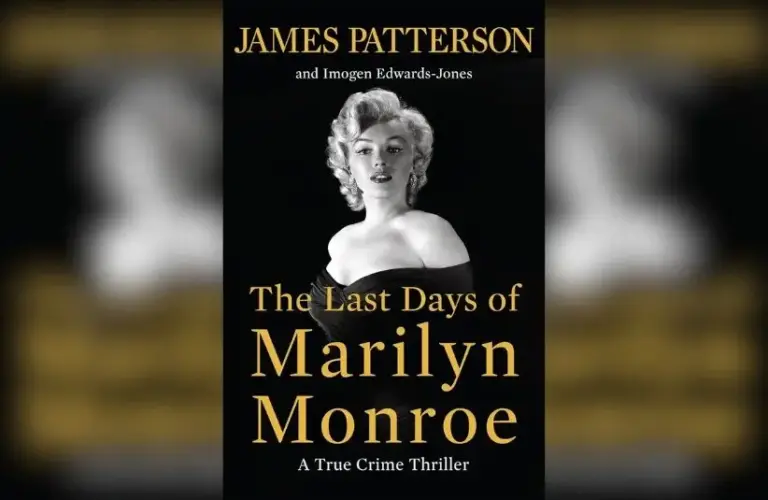Books by 5 Brilliant Native American Authors to Read in November
Many Native American authors are out there – but what makes certain ones stand out is their ability to weave a story. Sure, anyone can write a novel or chronicle an event (or a series of events). But to really tell a story, one has to have that special kind of touch and talent for keeping the reader engaged. Let’s check out a few Native American authors who are not just good writers, they are truly imaginative storytellers.
Joseph Bruchac
Bruchac is an Abenaki and Slovak author located in the stunning Adirondack Mountains of New York. Much of his writing is influenced by the Native American culture there. He is a poet, a writer of fiction, and he also writes some non-fiction.
Dr. Bruchac has a B.A. from Cornell University, a M.A. in Literature and Creative Writing from Syracuse, and a Ph.D. in Comparative Literature from the Union Institute in Ohio. He has authored more than 120 books for both adults and children. Some of his most famous works are “Songs from this Earth on Turtle’s Back,” “Returning the Gift,” and “Breaking Silence” (winner of an American Book Award). He also has won dozens of awards to include the Cherokee Nation Prose Award. He is the Poet Laureate of Saratoga Springs, NY.
Kelli Jo Ford
Ford has been a writer for years, but most of her work has been writing short stories. She penned them for journals and Native American periodicals. Her short story “Hybrid Vigor” won The Paris Review’s Plimpton Prize, and the opening story of her novel, “Book of Generations,” was awarded Missouri Review’s 2018 Peden Prize.
Born in Oklahoma, Ford is of Cherokee descent. She graduated from Loyola in New Orleans and pursued a MFA in fiction writing from George Mason. Most of her stories are about Cherokee women. She focuses on relationships between mothers and daughters. Intergenerational trauma is often a subject in her stories. “Crooked Hallelujah” is her novel in stories, published in 2020. It was one of NPR’s “Books We Love” in 2020 and a New York Times Editors Choice.
Louise Erdrich
This Minnesota-born novelist is of Chippewa and Ojibwe descent. Erdrich tends to write about Ojibwe people, as she grew up around them. Her most notable works include “The Round House,” which won the National Book Award, and “The Night Watchman,” which was inspired by her grandfather. It was awarded the Pulitzer Prize for fiction.
Erdrich attended Dartmouth College and she later earned her master’s degree from John Hopkins University. Erdrich’s books often touch upon themes like the challenges faced by Native people due to contact with white culture. She also examines alcoholism and government policies that frequently undermine Native American communities.
Erika T. Wurth
A little newer on the scene, Erika T. Wurth crashed the literary party with a rockin’ debut. “White Horse” is her first full novel which is a gritty, realistic read – done in Stephen King style. It’s about urban Indian Kari’s search to find the truth about her mom. “The Haunting of Room 904” is Wurth’s second novel – and that does not disappoint. This follows Olivia, a paranormal investigator, who must investigate her sister’s mysterious death.
Wurth’s skill in writing horror, her nuanced Native influences and interspersed traditions in the book balance out the spine-tingling horror. “White Horse” is a New York Times editors’ pick, a Good Morning America buzz pick, and it also is an Indie Next, Target BOTM Pick. Wurth is of Chickasaw/Apache/Cherokee decent and she is an affiliate professor at Regis University in Denver.
Kent Blansett
First Blansett is an educator, then he’s an author. He serves as the founder and executive director for the American Indian Digital History Project. He currently is an Assistant Professor of History and Native American Studies at the University of Nebraska at Omaha, as well as at University of Kansas, where he is the Langston Hughes Associate Professor of Indigenous Studies and History.
Dr. Blansett spent 18 years researching the Red Power movement, San Francisco American Indian culture, the Alcatraz occupation, and Richard Oakes, which culminated in his 2018 book, “A Journey to Freedom: Richard Oakes, Alcatraz, and the Red Power Movement.” He is of Cherokee, Choctaw, Creek, Potawatomi, and Shawnee descent.
A Couple of Honorable Mentions for Native American Authors
It’s always hard to just name a few, as there are so many annazing indigenous and Native American authors, many of which are just emerging into the literary realm. A relatively new one, although she’s been an activist for a long time, is Dr. LaNada War Jack. She recently wrote a book entitled “Native Resistance: An Intergenerational Fight for Survival and Life.”
Tony Hillerman is not of indigenous ancestry (actually we couldn’t find anything that said he was Navajo), but had written 18 mystery fiction novels about beloved investigators, Joe Leaphorn and Jim Chee. His books have been turned into movies, and currently “Dark Winds” is a show inspired by his novels. He also wrote stand alone novels, children’s books, short stories, and nonfiction.
To Sum Up
Indigenous and Native American authors not only have a strong perspective from a tribal standpoint, they bring their unique brand of storytelling to the proverbial table. Expounding on their traditions and exploring a variety of themes in their stories has helped to make each literary work even more important and it provides for an interesting read.






